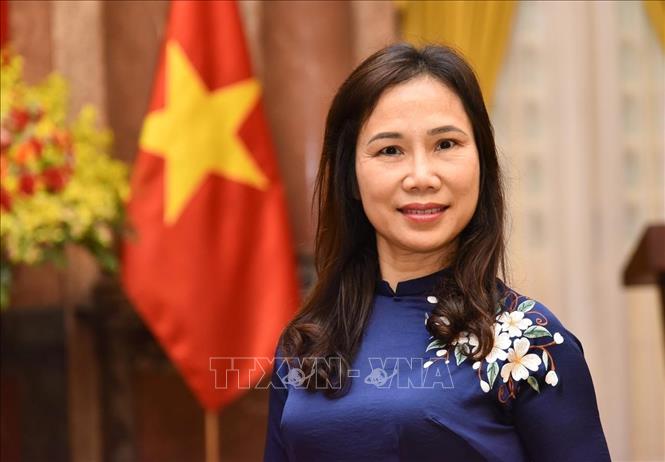
Vietnamese Ambassador to Sri Lanka Trinh Thi Tam. Photo: Ngoc Thuy/VNA correspondent in South Asia
Dear Ambassador, what is the significance and importance of the State visit to Vietnam by Sri Lankan President Anura Kumara Dissanayake to the Vietnam-Sri Lanka relationship?
The visit of Sri Lankan President Anura Kumara Dissanayake at the invitation of President Luong Cuong is of great significance to the bilateral relationship on many levels.
Firstly, this is the first visit to Vietnam in the past 16 years since 2009 by a Sri Lankan head of state and also the first visit to Vietnam by President Kumara Dissanayake since taking office in November 2024. The visit demonstrates the special respect that the leaders and people of Sri Lanka have for the traditional friendship with Vietnam. For Vietnam, the visit will be an opportunity to reaffirm its respect for Sri Lanka, a traditional friend and an important partner of Vietnam in the South Asia region, and at the same time to exchange and promote mutually beneficial cooperation, especially in areas where both countries have strengths such as trade, investment, agriculture, fisheries, tourism, education, culture, pharmaceuticals, renewable energy, and people-to-people exchange. The visit will also help promote cooperation in new and potential areas such as digital transformation, digital economy , energy transformation, artificial intelligence, etc.
Second, the visit takes place on the occasion of the 55th anniversary of the establishment of diplomatic relations between Vietnam and Sri Lanka (1970 - 2025), so it will be a good opportunity for both sides to review the cooperative relationship after more than 5 decades of formation and development, thereby proposing directions and measures to consolidate and develop friendly and cooperative relations in the new context, in accordance with the interests of the two countries, while contributing to common development, peace and cooperation in the region. The visit has many activities on political, economic and cultural pillars, in which the important highlights are high-level talks and meetings, signing important cooperation documents, and meetings with large Vietnamese enterprises...
Third, in recent times, the political, economic and social situations in both Vietnam and Sri Lanka have developed positively with many important achievements and milestones, including Sri Lanka successfully organizing the presidential and national assembly elections and making efforts to restore and develop the economy; Vietnam is actively preparing for the 14th National Congress of the Party and is accelerating and breaking through to enter a new era. Notably, both countries have major goals of becoming developed countries by the 100th anniversary of their founding (for Vietnam, it is 2045, for Sri Lanka, it is 2048). Meanwhile, the regional and international situation continues to develop in a complex and unpredictable manner in terms of geopolitics, security and economics. The visit will be an opportunity for Vietnam and Sri Lanka to share experiences and support each other in development, especially in the economic field, as two traditional friends and close partners, with many similarities in geography, history and culture. In addition, as countries located in key positions in the Pacific and Indian Oceans, important geostrategic regions and dynamic development, the visit will be an opportunity for the two countries to exchange and promote cooperation on common regional and world issues, including climate change, energy transition, environmental protection, counter-terrorism, combating transnational crime, etc.
On this occasion, President Kumara Dissanayake will attend as the chief guest and deliver a speech at the opening ceremony of the 20th Vesak Celebration organized by the Vietnam Buddhist Sangha and the International Organizing Committee of the United Nations Day of Vesak in Ho Chi Minh City from May 6-8. President Kumara Dissanayake's acceptance of this invitation to attend this activity demonstrates the deep Buddhist and cultural ties between the two countries.
According to the Ambassador, how will this visit contribute to shaping Vietnam - Sri Lanka relations in the coming time?
Vietnam and Sri Lanka have a good traditional friendship. Sri Lankan governments over the years have always attached great importance to strengthening and developing relations with Vietnam. Many generations of Sri Lankan leaders and people still have great affection and respect for Vietnam and President Ho Chi Minh. Due to objective and subjective circumstances, including the COVID-19 pandemic and the economic-financial crisis in Sri Lanka, cooperation between the two countries has somewhat stagnated in recent years.
But with the recent positive developments in Sri Lanka's political, security and economic situation, along with the Sri Lankan Government's policy adjustments, Vietnam - with its political, security and dynamic economic development stability - is becoming a model that Sri Lanka wishes to learn from, a partner in the Southeast Asian region with which Sri Lanka wishes to strengthen cooperation. In that context, the visit will contribute to shaping the development of bilateral relations in the coming time, towards new levels.
Firstly, the two countries will prioritize promoting traditional and strong areas of cooperation such as agriculture, fisheries, culture, education, tourism, Buddhism, etc. on the basis of signed cooperation documents and established cooperation mechanisms to achieve specific and substantive results.
Second, the two countries will strengthen cooperation in important areas that have been affected by objective factors in the past, such as trade, investment, defense, security, people-to-people exchange, machinery manufacturing, relic preservation, information technology, etc., creating new levers for bilateral cooperation.
Third, the two countries will study expanding cooperation in new areas such as customs, pharmaceuticals, logistics, renewable energy, electronics, electric vehicles, archaeology, artificial intelligence, e-commerce, digital economy, digital transformation, innovation, local cooperation, aviation and maritime connectivity, etc., to expand cooperation space and adapt to the regional and international situation.
Fourth, the two countries will also determine to coordinate more closely and effectively at multilateral forums, especially the United Nations (UN), the Non-Aligned Movement (NAM), and the ASEAN Regional Forum (ARF) as responsible partners, thereby enhancing the role and position of each country.
I believe that the visit to Vietnam by the President of Sri Lanka this time will be the beginning of a period of deeper cooperation between Vietnam and Sri Lanka in the coming years, bringing benefits to both countries and contributing to peace, cooperation, development and common prosperity in the region and the world.
In the 55 years of establishing diplomatic relations, what are the important milestones and outstanding potentials in the relationship between Vietnam and Sri Lanka?
Vietnam and Sri Lanka had consular relations since July 1964 before officially establishing diplomatic relations on July 21, 1970. In 1971 and 2013, the two countries opened permanent representative offices in Colombo and Hanoi, respectively. The relationship between Vietnam and Sri Lanka, after 55 years of formation and development, despite many fluctuations and challenges due to historical circumstances, even at a time when Vietnam had to close its Embassy in Colombo, has still achieved many achievements and marked many important milestones.
Firstly, the exchange of delegations and high-level contacts between the two countries was maintained regularly. Immediately after Vietnam's reunification in 1975, Minister of Foreign Affairs of the Provisional Revolutionary Government of the Republic of South Vietnam Nguyen Thi Binh and Prime Minister Pham Van Dong visited Sri Lanka in 1976 and 1978 respectively. In the following periods, on the Sri Lankan side, the President, Prime Minister, Chairman of the National Assembly, and Minister of Foreign Affairs from various governments visited Vietnam. On the Vietnamese side, the President, Deputy Prime Minister, Vice Chairman of the National Assembly, and Ministers from various periods visited Sri Lanka. Notably, history books recorded at least three visits by President Ho Chi Minh to Sri Lanka in 1911, 1928, and 1946, and he is one of the few foreign leaders whose statues are located in the capital city of Colombo.
Second, the two countries have established three important cooperation mechanisms, including the Joint Committee at the Foreign Minister level, the Political Consultation at the Deputy Foreign Minister level, and the Joint Trade Subcommittee at the Deputy Foreign Minister level. These mechanisms have been maintained quite regularly, contributing to reviewing and promoting cooperation. The two countries have also signed over 30 cooperation documents in key areas such as trade, investment, defense, agriculture, culture, education, agriculture, etc.
Third, although still modest, two-way trade in recent years has been maintained at a fairly stable level: around 300 million USD/year. Currently, Sri Lanka has about 30 investment projects in Vietnam with an investment capital of more than 40 million USD. Cultural cooperation, Buddhism, people-to-people exchange... are becoming strengths and potentials in bilateral cooperation. The Vietnamese community in Sri Lanka is growing, currently has about 150 people and has contributed to the socio-economic development of the locality.
The two countries have great potential for cooperation in areas of strength such as agriculture, fisheries, forestry, trade, culture, tourism, etc. I believe that with the political and economic stability of Sri Lanka, this will be an attractive destination for investors, businesses and tourists from Vietnam.
What recommendations does the Ambassador have to promote all-round relations between the two countries?
Vietnam and Sri Lanka have good friendship, high political trust, many similarities in geography, history and culture, so there are many favorable conditions to promote and expand cooperation in all fields.
Firstly, Vietnam and Sri Lanka are both agricultural countries. Both are coastal countries, located in strategic locations of the Pacific and Indian Oceans. Agriculture, fisheries and ocean resources are areas of strength that both countries can continue to develop based on their existing achievements.
Second, tourism is a very potential field because both countries possess many relics, rich cultural heritages and beautiful natural landscapes. By promoting joint tourism initiatives, including spiritual tourism, cultural tourism, sea tourism, etc., the two countries can support each other to promote economic development, while enhancing cultural exchange and connecting people. The early opening of direct flights between Vietnam and Sri Lanka as well as the facilitation of entry visas will help increase the number of tourists between the two countries in the coming time.
Third, although trade is somewhat limited due to the relatively similar structure of export products between the two countries, the two sides can consider joint ventures in exploitation, production, processing, etc. on the spot for export to third countries, in order to save production costs, transportation time as well as reduce tariff barriers. The two sides also need to soon start negotiations on a Free Trade Agreement, promote connectivity (aviation, maritime) to facilitate trade; promote the exchange of business delegations, including private enterprises, as well as chambers/trade associations. In addition, Sri Lanka needs to create favorable conditions to attract more investment from Vietnam, strive to have a number of successful pioneering projects, thereby encouraging and motivating other investors.
Fourth, another important area is education and technology. Through cooperation in research and innovation, the two countries can address common challenges and leverage each other's strengths.
Fifth, renewable energy is also a potential field. Both Vietnam and Sri Lanka are committed to sustainable development and have many opportunities to cooperate in solar and wind energy projects. The two countries also need to promote cooperation to jointly respond to global challenges such as climate change, energy transition, etc., thereby not only deepening bilateral relations but also contributing to peace and development in the region and the world.
Thank you very much, Ambassador!
Ngoc Thuy - Quang Trung (Vietnam News Agency)
Source: https://baotintuc.vn/thoi-su/dai-su-trinh-thi-tam-viet-nam-sri-lanka-khong-ngung-cung-co-quan-he-qua-cac-thoi-ky-20250502134517609.htm



![[Photo] Prime Minister Pham Minh Chinh meets with South African President Matamela Cyril Ramaphosa](https://vphoto.vietnam.vn/thumb/1200x675/vietnam/resource/IMAGE/2025/10/23/1761226081024_dsc-9845-jpg.webp)
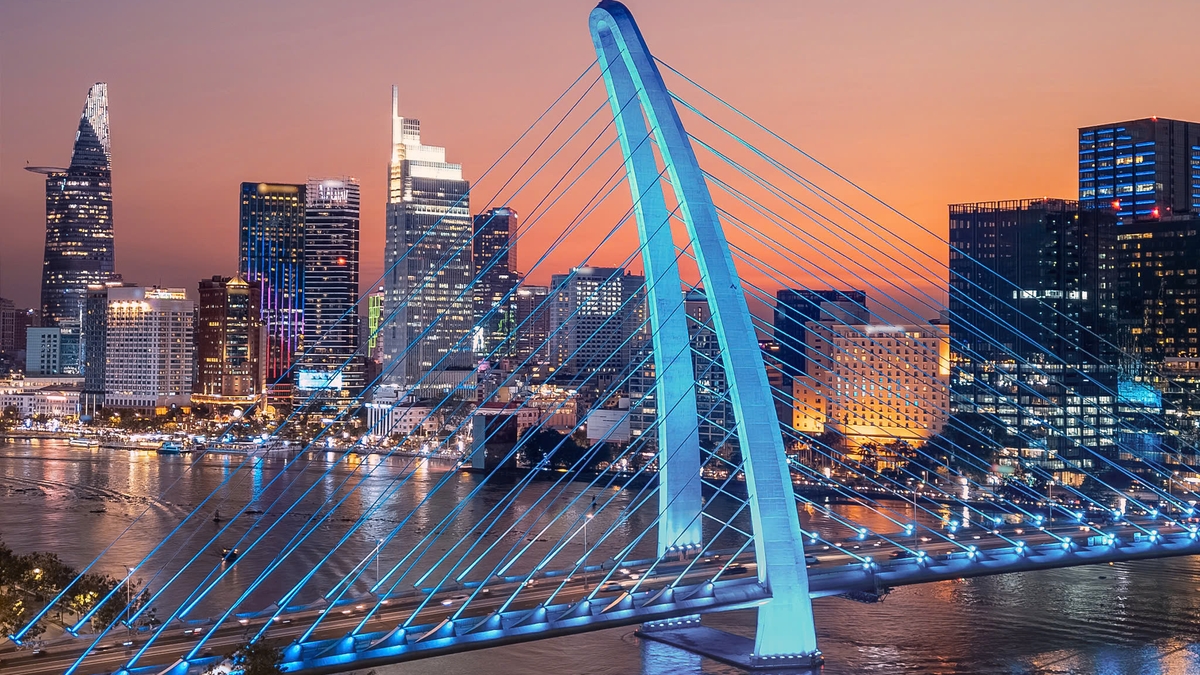
![[Photo] President Luong Cuong holds talks with South African President Matamela Cyril Ramaphosa](https://vphoto.vietnam.vn/thumb/1200x675/vietnam/resource/IMAGE/2025/10/23/1761221878741_ndo_br_1-8416-jpg.webp)
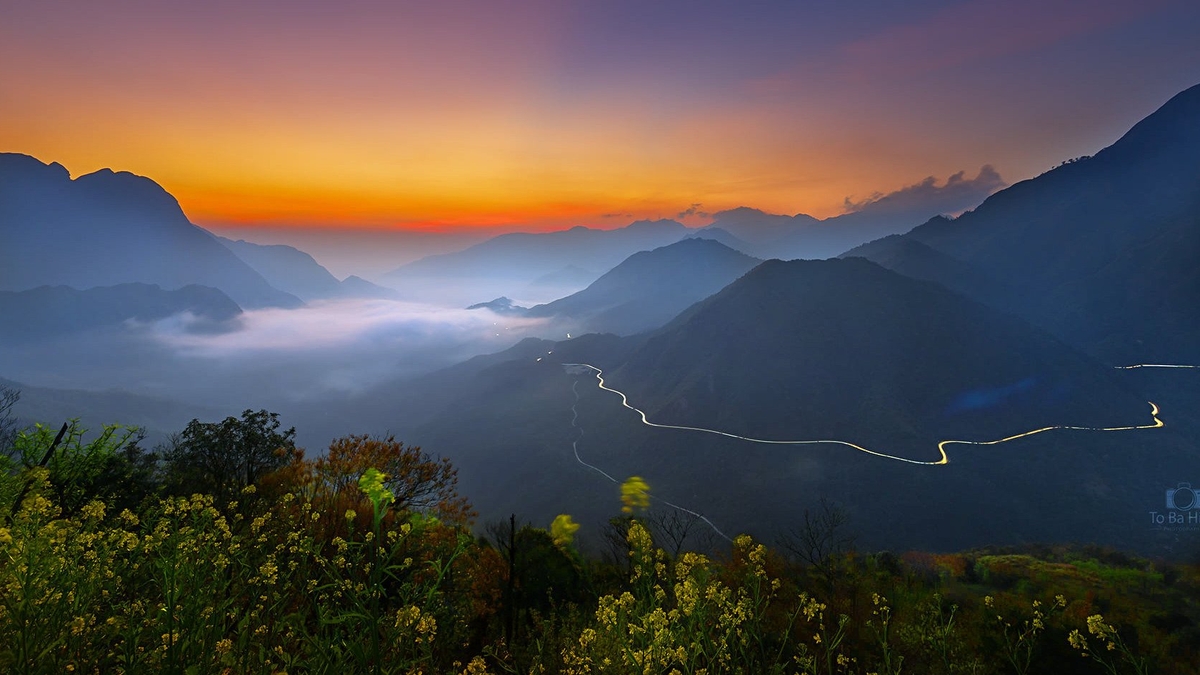
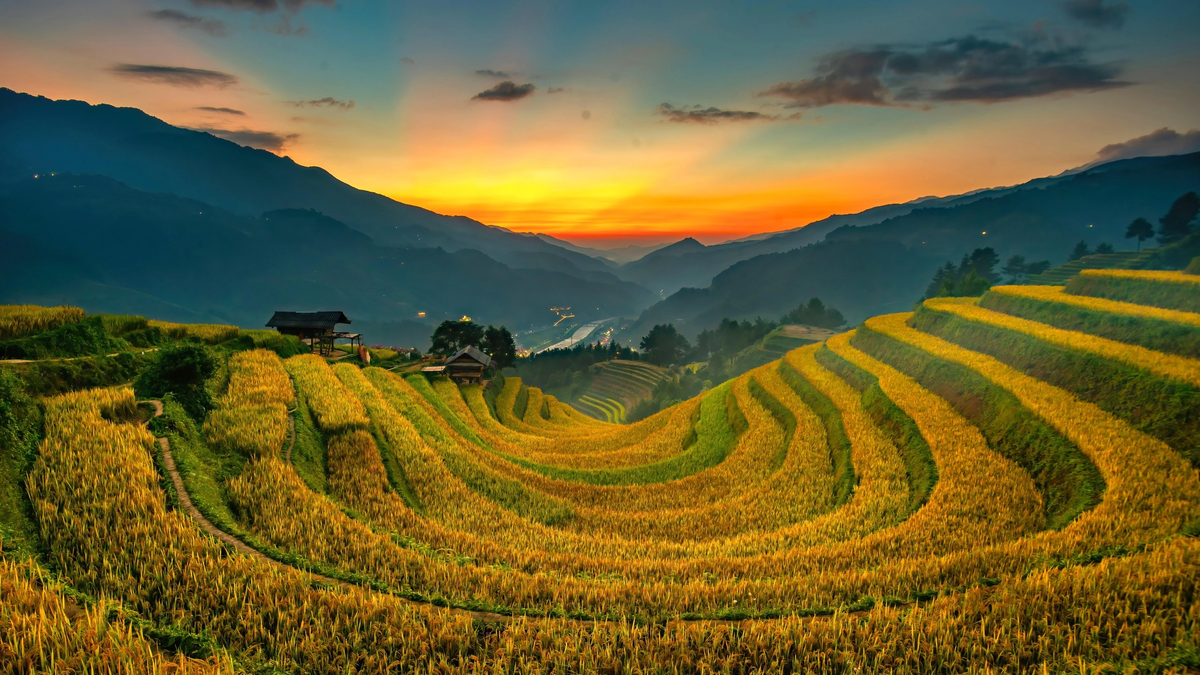
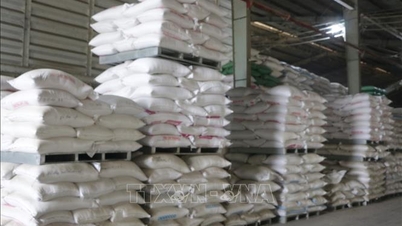
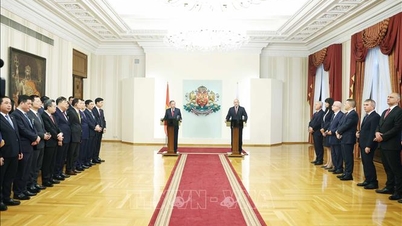


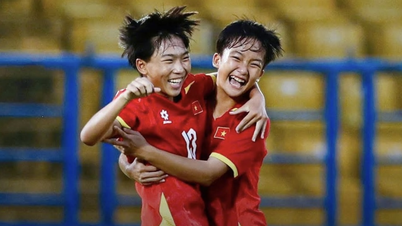

![[Photo] Award Ceremony of the Political Contest on Protecting the Party's Ideological Foundation](https://vphoto.vietnam.vn/thumb/402x226/vietnam/resource/IMAGE/2025/10/22/1761151665557_giaia-jpg.webp)

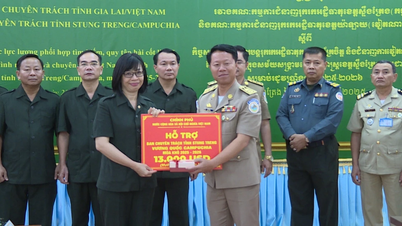

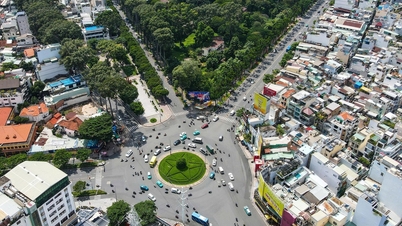

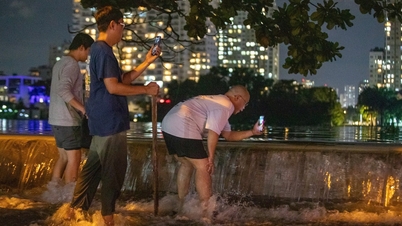
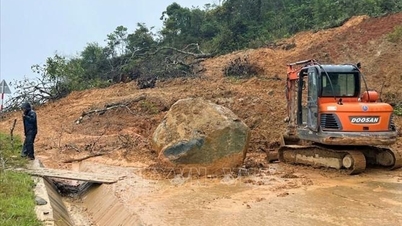
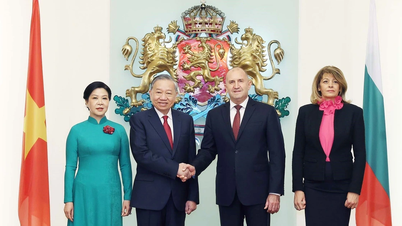
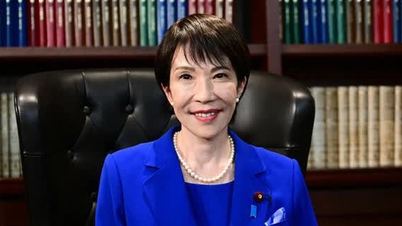
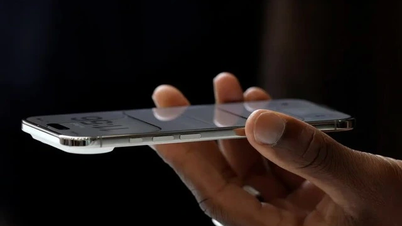




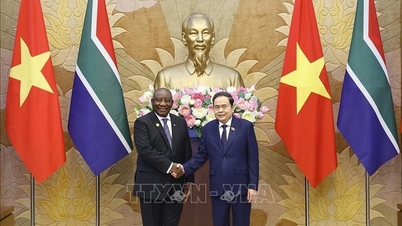

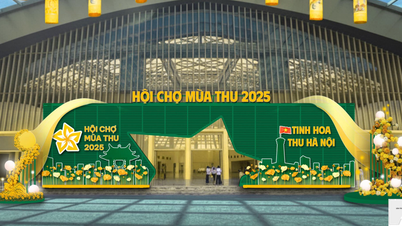

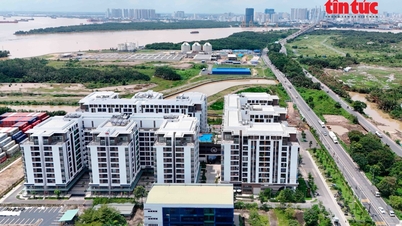
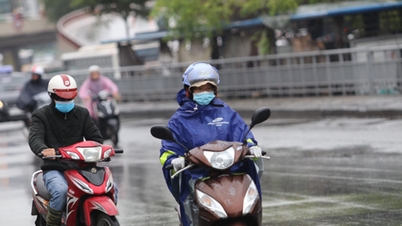
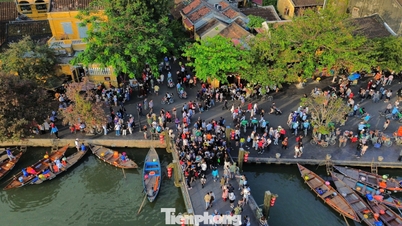

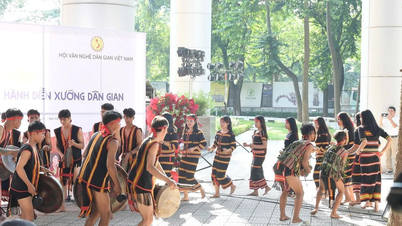









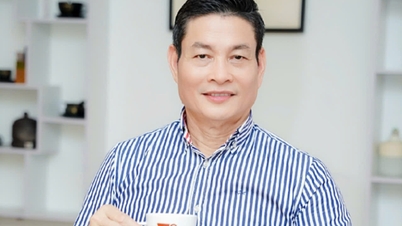

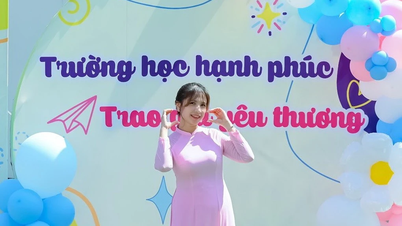








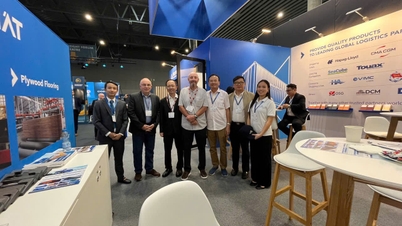

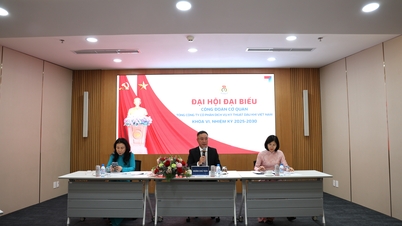


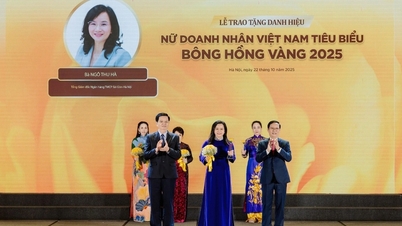
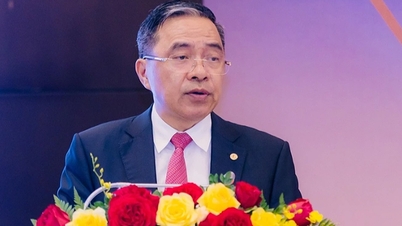






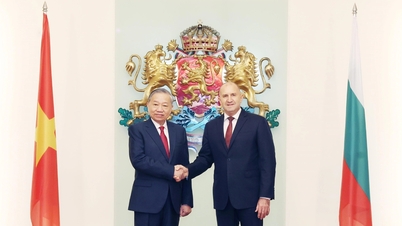
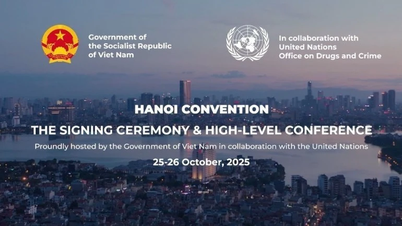
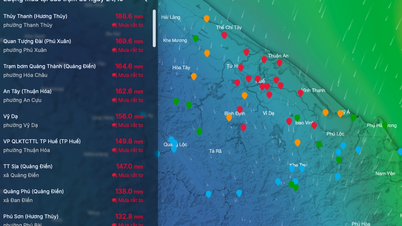
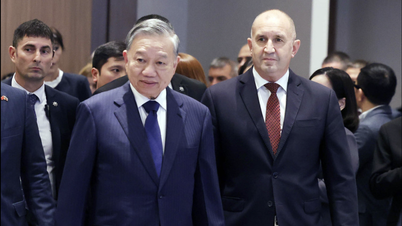
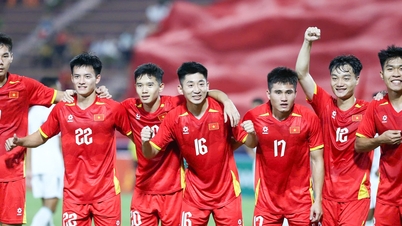
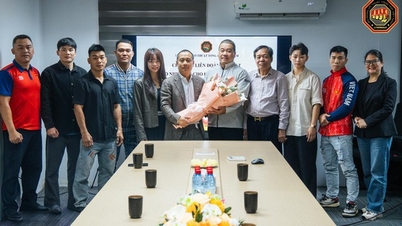

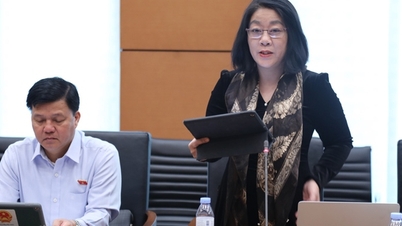
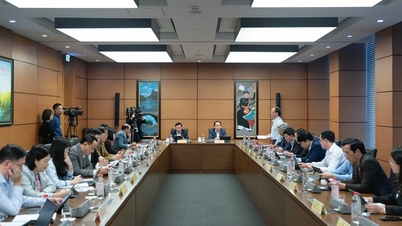
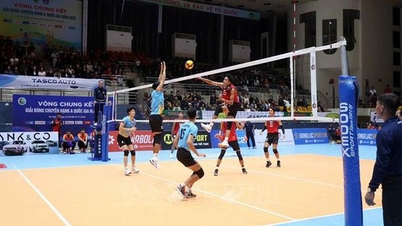

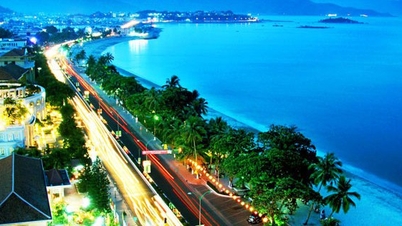
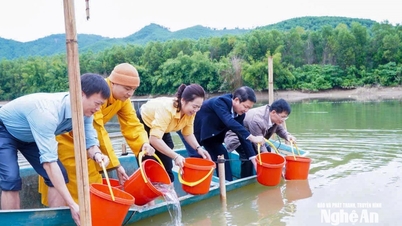

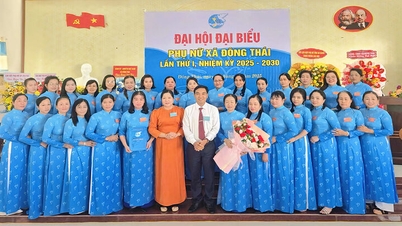

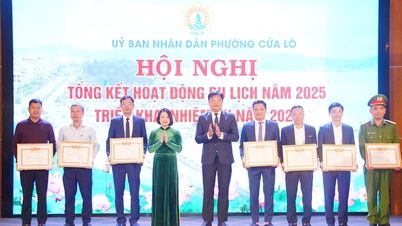
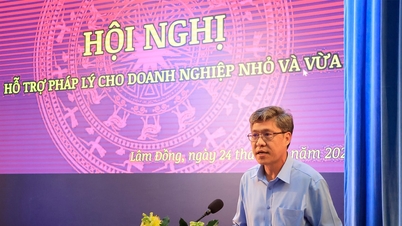


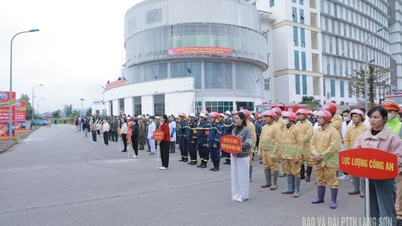













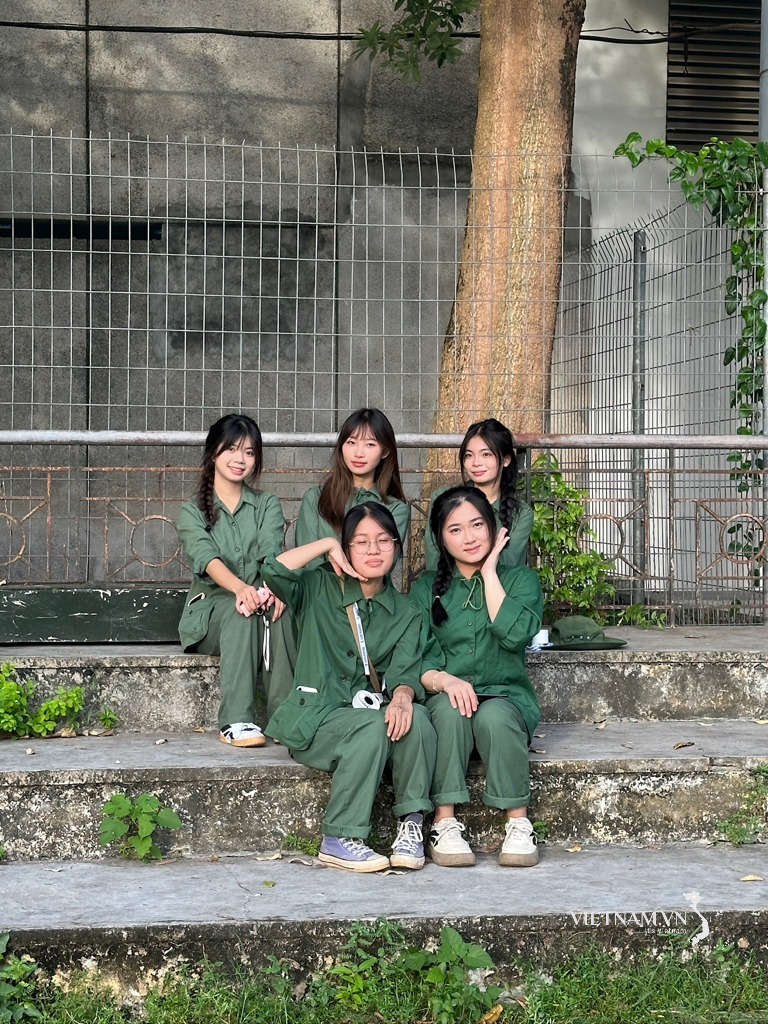



Comment (0)